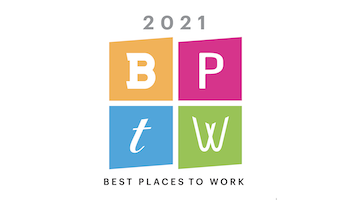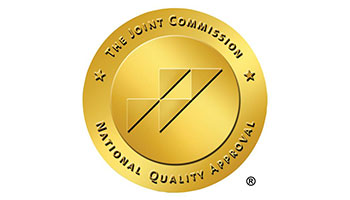As communities across the country start to reopen businesses and loosen restrictions, a number of states have already experienced huge spikes (and record-high numbers) in coronavirus cases.
News outlets have been quick to note these spikes aren’t a “second wave” but rather a continuation of the first wave of the pandemic, spurring discussion about whether states have chosen to reopen too soon.
While much remains unknown about this virus, one thing is certain: We won’t be seeing the end of the coronavirus anytime soon.
Continuing care
Resiliency is defined as our ability to bounce back when the going gets tough or events don’t go as planned. Health care is an extremely meticulous, high-stress environment, and resiliency is a vital to each health care worker’s mental health and our ability to deliver the best quality of care to our patients.
As we continue to treat cases of coronavirus through each stage of the pandemic, it’s important that we find ways to stay resilient. That’s why we’re providing a few strategies to “cope with COVID” to help you navigate whatever the next wave sends your way.
1. Go outside
It’s no surprise that nature has a large impact on our mental health. Harvard Health Publishing writes:
“Research in a growing scientific field called ecotherapy has shown a strong connection between time spent in nature and reduced stress, anxiety, and depression.”
Long shifts may keep you from seeing sunlight for days at a time. Whether you enjoy bike rides like me, or prefer hiking, fishing, canoeing or gardening in your back yard, there are plenty of ways to get outside and hit the reset button.
2. Stay healthy
We believe in total fitness, including a healthy mind, body and spirit. Make sure you’re eating well and getting plenty of exercise, even if it’s just a quick walk to clear your mind and get your heart rate up.
Spiritual resiliency is the ability to have a strong sense of self through a set of beliefs, principles or values. Whether you attend religious services every week, set aside time for daily meditation, or have regular appointments to catch up with family and friends, it’s important that our health care professionals tend to their mental and spiritual health as much as their physical health.
3. Find your bliss
One executive said it best: “Passion is not just the way to happiness—it’s also the fuel that ignites success.”
We’re all passionate about delivering the highest quality of care in our pursuit of service, and that’s what makes us great at our jobs. But each of us contains multitudes, and we all have hobbies that heal our souls and keep us going. Maybe it’s a glass of wine or a bottle of beer on your day off. Maybe it’s an instrument you love to play or perfecting a creative craft. No matter what brings you joy, find time for it as often as you can.
Hope isn’t blind optimism, but rather the full acknowledgement of hardship and the belief that it will get better. We may not fully realize the long-term impact of the pandemic on our industry or our communities, but by exercising these three key strategies to wellness, we can float above the waves as long as it takes to see it through.
Jeff Stoner, RN BSN CCRN, is the founder and CEO of Ethos Medical Staffing and is a former travel nurse. Jeff, along with his wife Lindsey (who is also a travel nurse), are dedicated to empowering medical professionals in their exploration and pursuit of adventure, opportunity and service. You can connect with Jeff on LinkedIn.









